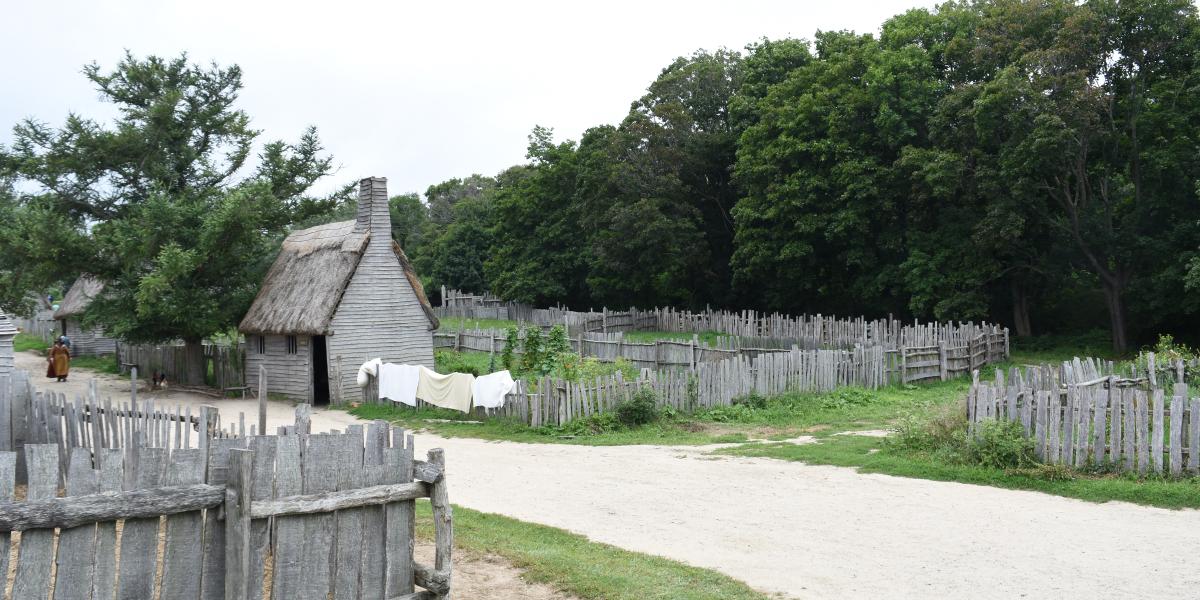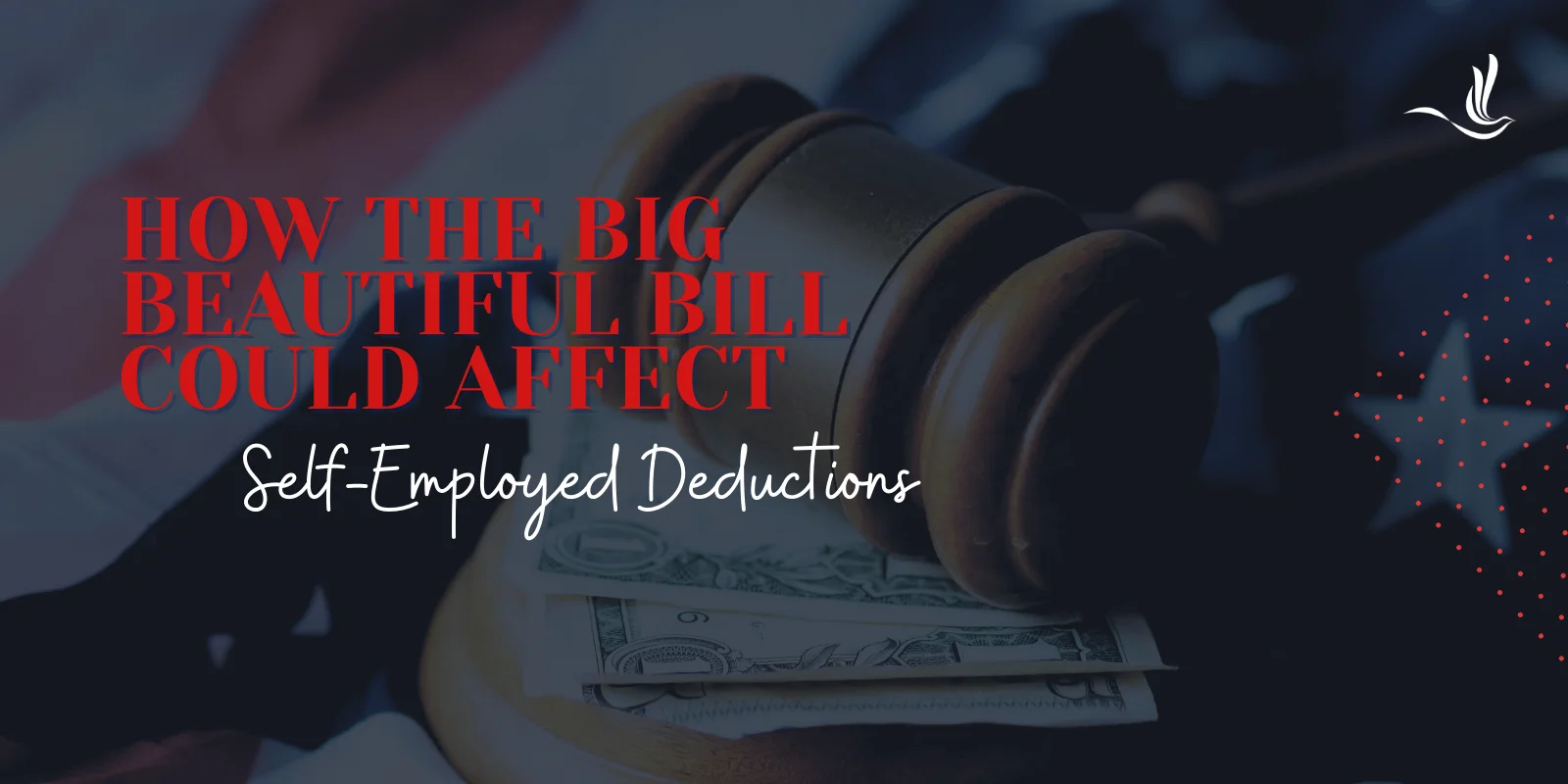QUESTION: Marty, is it true that Thomas Jefferson had a large Roman and Greek collection of coins? Also, will you have any ancient coins for gifts this season?
HS
ANSWER: Yes, Jefferson had an extensive collection of ancient coins. In April 1805, Jefferson received from Nicolai Henrick Weinwich of Copenhagen “a box containing 150. pieces of Roman coin in bronze of different sizes from the reign of Augustus to that of Theodosius.” Two weeks later he forwarded them to the American Philosophical Society, where they might be “of more extensive use. I believe he too like to examine hoards. For Jefferson, these coins were not just curiosities; they were historical documents. He studied them to understand the chronology, iconography, and history of the ancient world he so admired as I have done. History is revealed from the coinage. Jefferson even wrote about using coins as a teaching tool for history.
Jefferson owned a large collection of ancient Greek and Roman coins. His catalog of the collection still exists. Then there was what became known as the “Jefferson Coin” that was a famous Roman denarius of the emperor Antoninus Pius. It was discovered in archaeological excavations at Monticello.
Another little know fact is that in 1801, after his election as President, Jefferson sold his extensive library of 6,487 books to the Library of Congress to replace the books burned by the British in 1814. While the coin collection was not part of this sale, his actions demonstrate his view of collections as a public resource for knowledge.
John Adams also collected ancient Roman coins, but not as extensively as Jefferson. James Madison and Benjamin Franklin are also known to have collected some ancient Roman coins. By far, Jefferson had the largest collection.
![]()
Yes I will put a selection of ancient coins together. I had hoped to get a small group of the Rubicon denarii of Julius Caesar. Where they used to go for $600, now they are around $1200. So, I did not get that group.



























